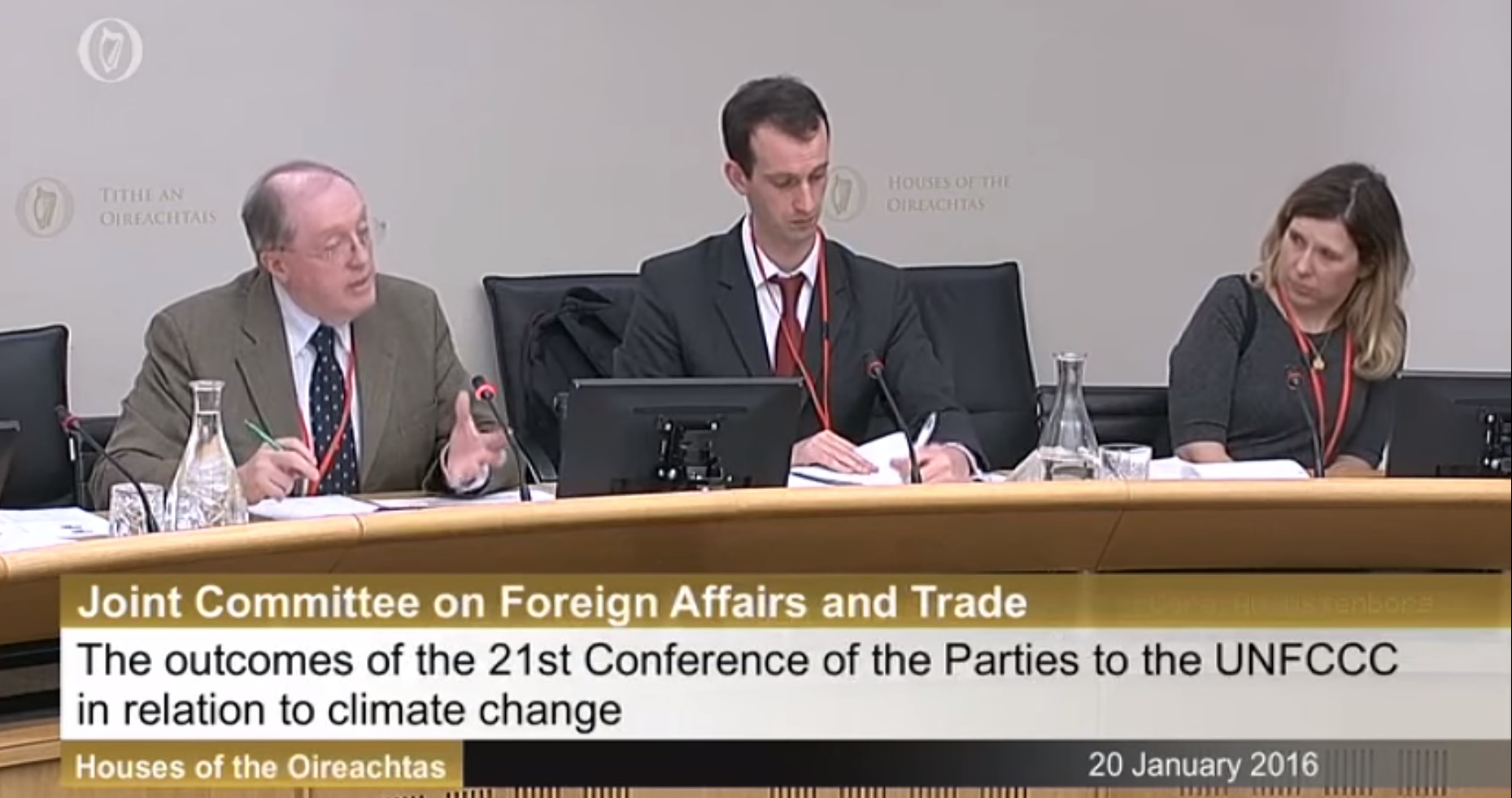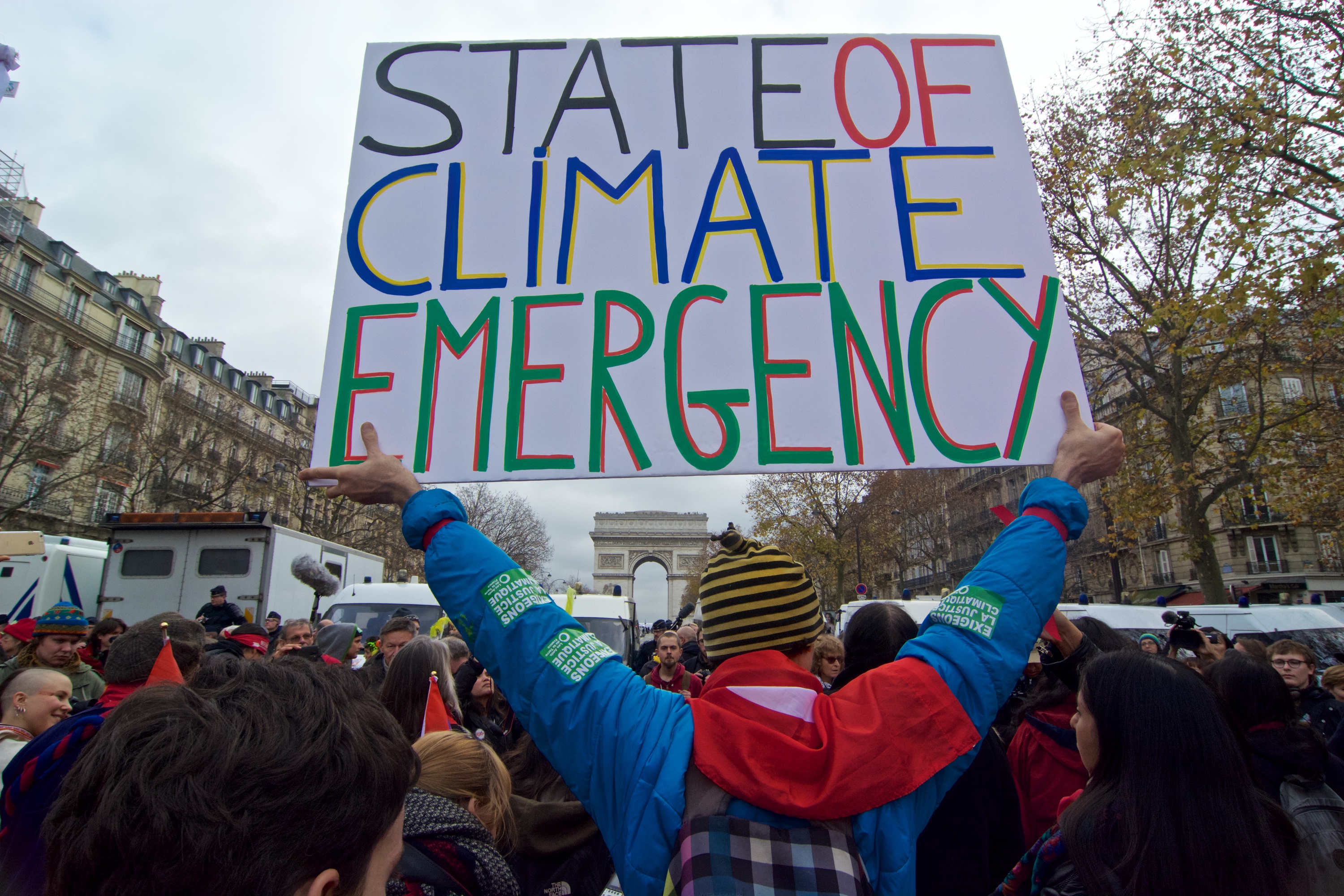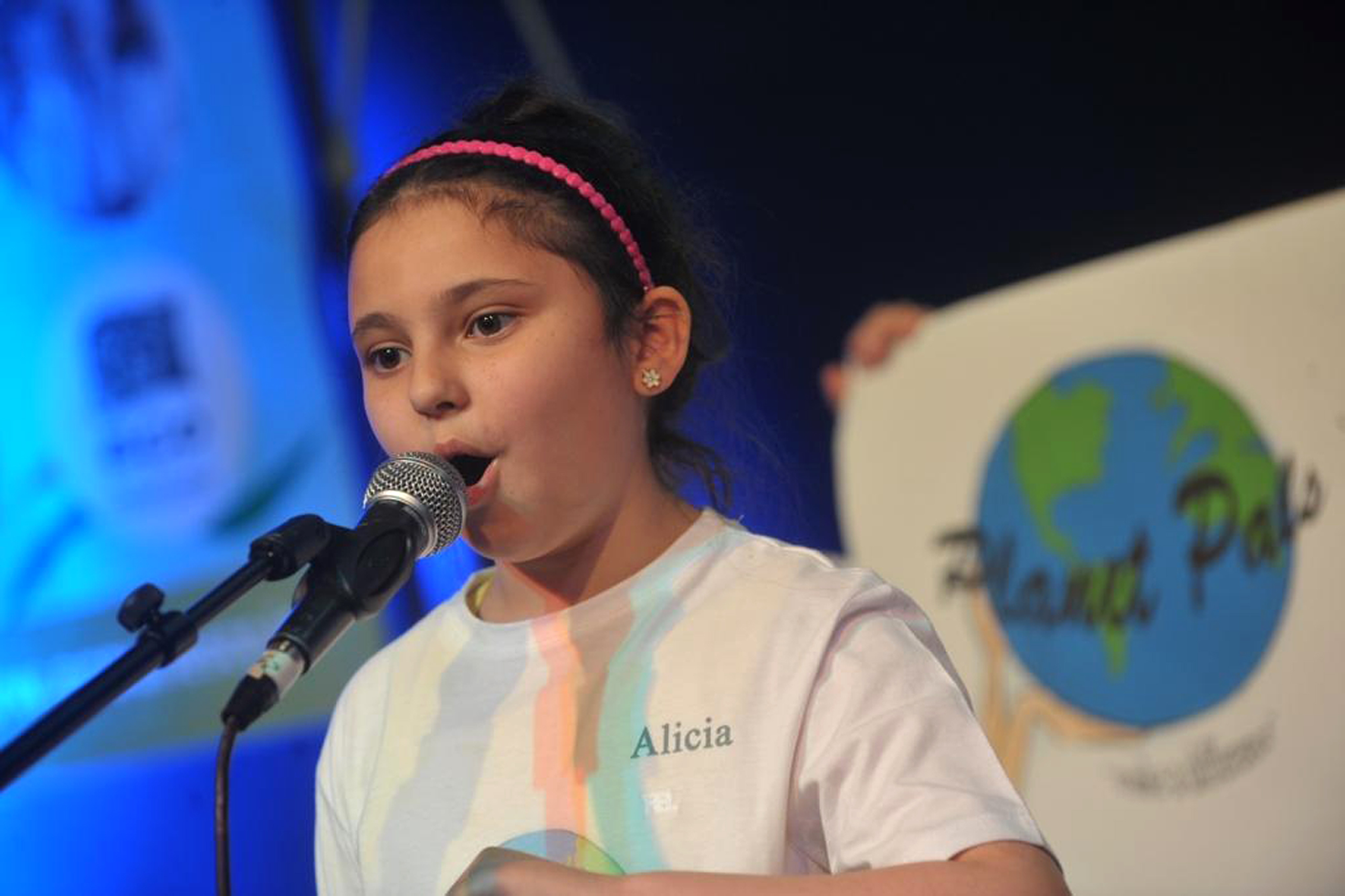COP23: Prof John Sweeney’s Reflections on Bonn Pt 2

November 17th, 2017
The middle of the second week at COP is when the big names arrive. Prior to this it is the officials who have been spending long days and night poring over the negotiations, hoping to present their political masters with the groundwork largely done and enabling the Ministers to complete the last lap and claim the glory.
Naturally, there was a buzz around the place on Wednesday as the conference awaited the arrival of Angela Merkel and Emmanuel Macron. In many ways, they represent global leadership on this topic now that the US has opted out of a significant role.
For the German audience, Merkel was honest about the difficulties faced in forming a new government and reconciling climate and other priorities. Germany has achieved considerable progress on its target of reducing emissions by 40 per cent compared to 1990, with a current figure of just over 30 per cent.
But the practicalities of ceasing lignite burning, especially in the east, remain problematical. Macron, on the other hand, was very willing to accept the mantle of leadership on this topic, pledging that France would pick up the tab for the funding of the IPCC to make good any shortfall resulting from the US failing to pay its share.
Indeed he made some other interesting points which have not really been picked up by the press, most notably raising the issue of ‘border taxes’ in any future trade deal involving countries, not including their carbon costs in their exports.
The high-level segment continued yesterday with the Head of State, Head of Government or Minister of the 195 countries each having three minutes to say how wonderful they are.
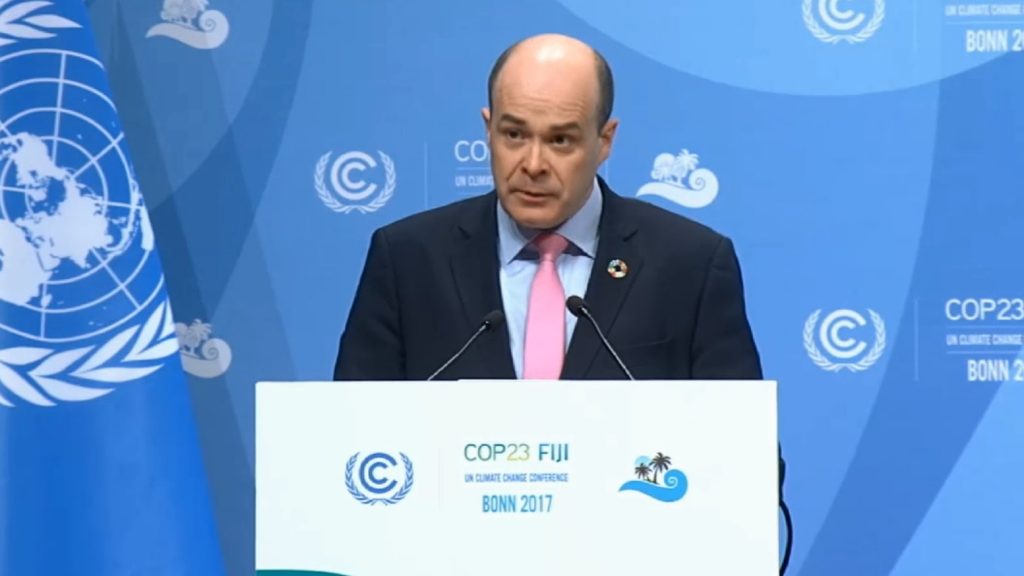
Minister Naughten speaking at COP23, 16 November 2017
Naughten’s difficult task
Minister Naughten had a difficult task to follow the release of the Climate Change Performance Index. This ranks 56 countries in terms of their progress in limiting emissions, progressing renewable energy plans and the effectiveness of their policies in this area. Ireland, which has been as high as 11th in former years, has now slid down the table to 49th place, behind countries such as Poland and Turkey.
Indeed Ireland is now the worst performing country in Europe in the Index, largely because of its impending failure to meet its international obligations and the lack of compatibility of its efforts with the Paris targets.
Increasingly the Irish people here are being asked by Developing Countries, some of which have been ravaged by cyclone damage in recent months, why Ireland is not pulling its weight in tackling its emissions responsibilities. But of course, we know the answers!
The small Irish civil society group met Minister Naughten for half an hour on Wednesday and raised several issues with him. While a positive atmosphere prevailed, the vision to take radical action in areas such as ceasing issuing oil exploration licenses, tackling agricultural emissions, or adopting a leadership position in the ongoing EU discussions on 2030 targets was less than hoped for.
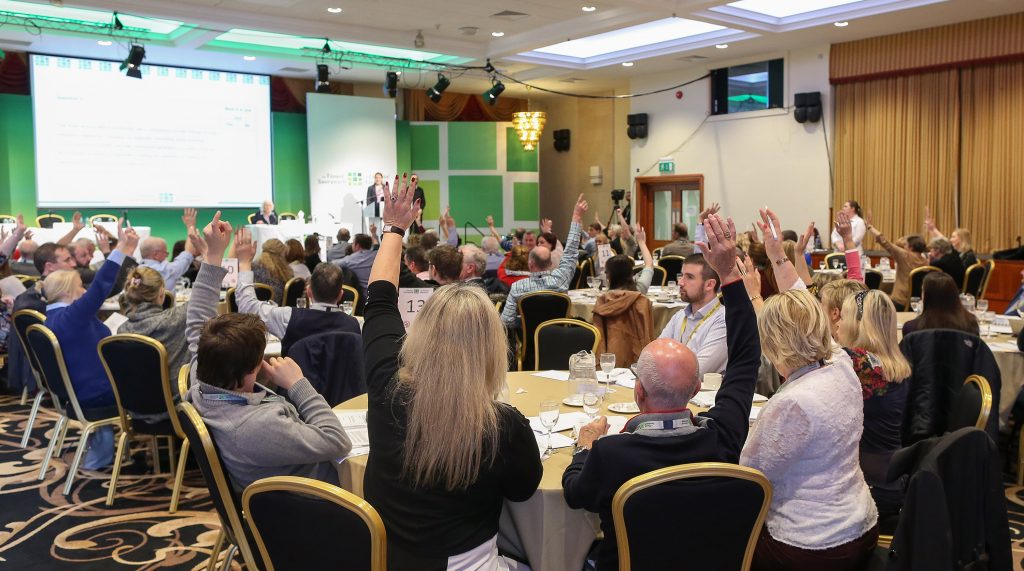
Citizen members of the Citizens’ Assembly vote on the wording of ballot questions Photo: MAXWELL’S
Climate Assembly
One option though that we think worth pursuing was to highlight the unique nature of the Climate Assembly as an exemplar of good practice at COP24. We have heard a lot at this COP from the Fijians about what they call the Talanoa Dialogue.
Talanoa is a traditional word used in the Pacific to reflect a process of inclusive, participatory and transparent dialogue. In many ways the Citizens’ Assembly mirrors this. Of course it would be important that Ireland’s version also involves implementation if we were to successfully export it!
Today the main decisions will start to emerge. They will not be radical this year as the effort is mainly to establish the rule book for Paris to commence in 2020. But the extent to which the much-lauded increased effort pre-2020 is translated into meaningful actions will be the key output to watch for.
By Professor John Sweeney
John Sweeney is emeritus professor of geography, Maynooth University and a Member of the Irish national delegation at IPCC and Conference of the Parties meetings
